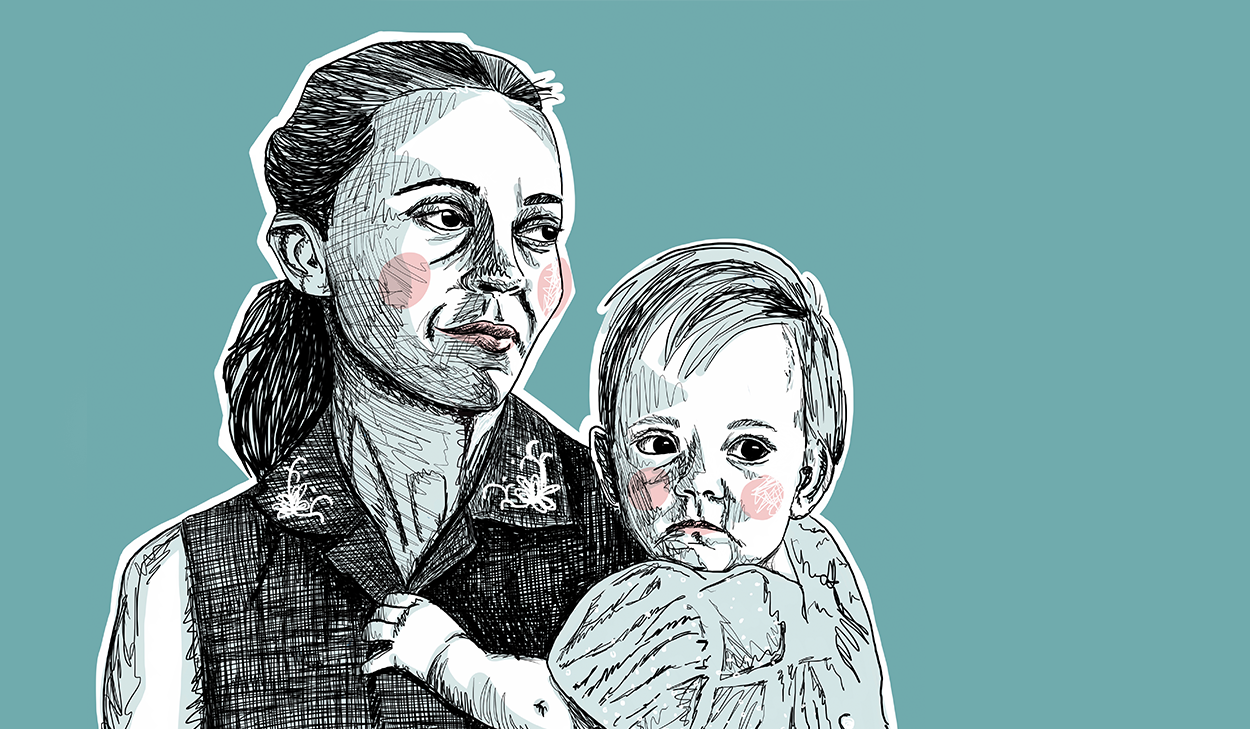
This is the third blog in a series about historical missionaries who stood firm in the faith.
“Cruelty and wrong are not the greatest forces in the world. There is nothing eternal in them. Only love is eternal.” -Elisabeth Elliot
On a Sunday in January 1956, Elisabeth Elliot waited with other missionary wives to hear whether her husband, Jim, and his team had made contact with an Ecuadorian tribe. As the hours passed and the radio remained silent, a search party went to look for the team of missionaries. They were found killed, speared to death by the tribe they tried to reach.
In an instant, Elisabeth was left without her husband, and her infant daughter, Valerie, was left without a father. Elisabeth could have taken her grief back to the U.S. and abandoned the call God had placed on her life. Instead, she did the unthinkable. She not only stayed in Ecuador; she worked to reach the Auca tribe, the tribe that killed her husband.
For two years, Elisabeth lived among the Quichua tribe, where she met two Auca women. The women taught Elisabeth and Rachel Saint—the sister of slain missionary Nate Saint—the language of the Auca people.
In 1958, Elisabeth, Valerie, and Rachel went to meet the Auca tribe. One of the Auca women who taught Elisabeth and Rachel the language introduced the tribe to the women. They were welcomed to live among the tribe, and Elisabeth began teaching the people from the Bible. Elisabeth showed compassion and forgiveness toward the people who killed her husband, the same forgiveness displayed in the Bible.
She later wrote about coming to understand why the tribe killed her husband and the other missionaries:
“The Auca was trying to preserve his own way of life, his own liberty. He believed the foreigners were a threat to that liberty, so he feels he had every right to kill them. In America, we decorate a man for defending his country.”
Elisabeth and her daughter lived among the tribe for two years and saw many of the people come to Christ. In response to the tribe’s new faith, the people renamed themselves Waorani, forgoing the former name Auca, which means “savage.”
Elisabeth went on to write Christian books about Jim’s life, her time with the Aucas, and suffering. Her messages taught others to show and embrace God’s love, even in the face of an enemy.
Her husband’s death undoubtedly caused her pain, but the power of the gospel allowed Elisabeth to forgive and reach those who needed Jesus. Her work led to souls being saved and believers being encouraged for decades.